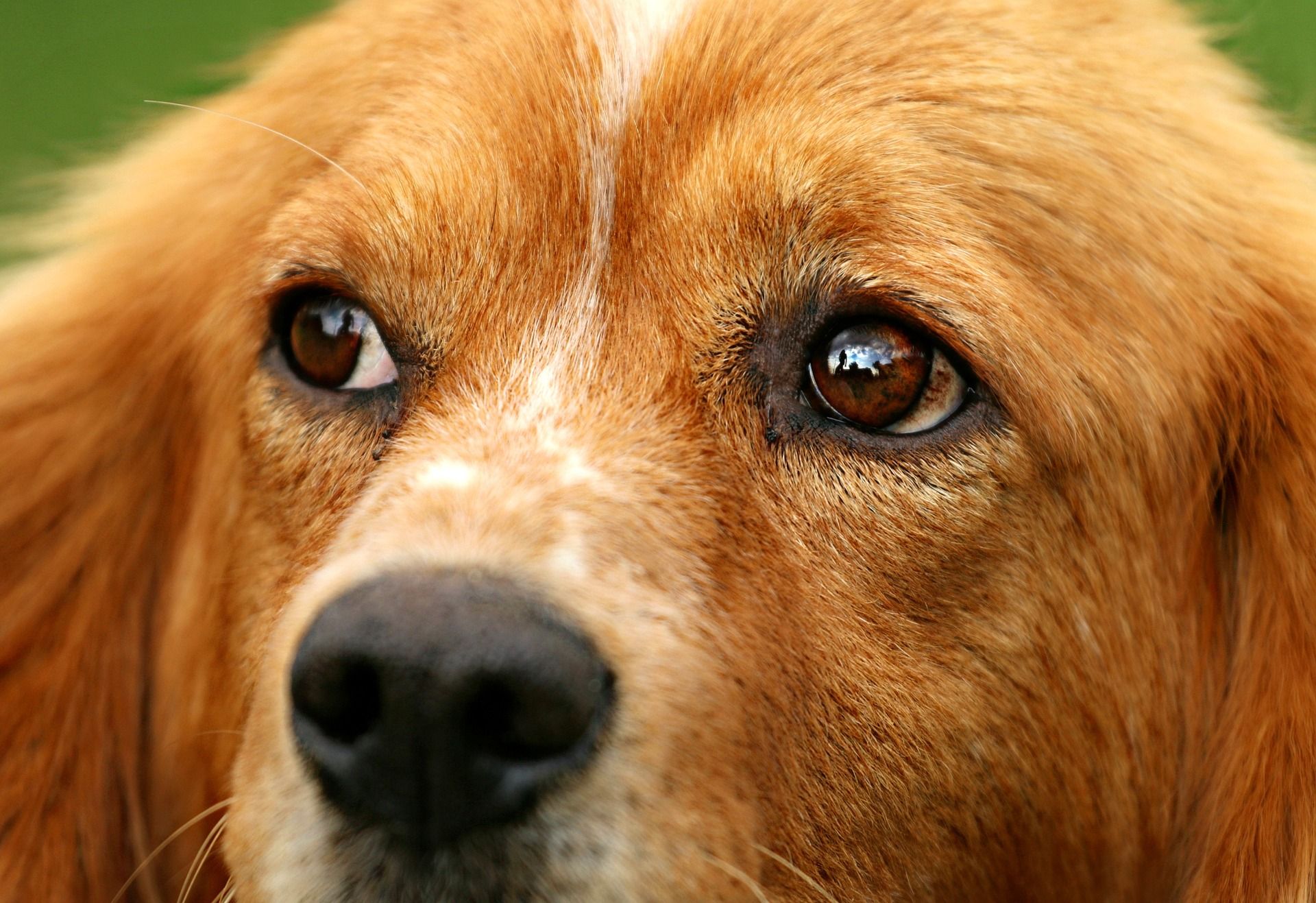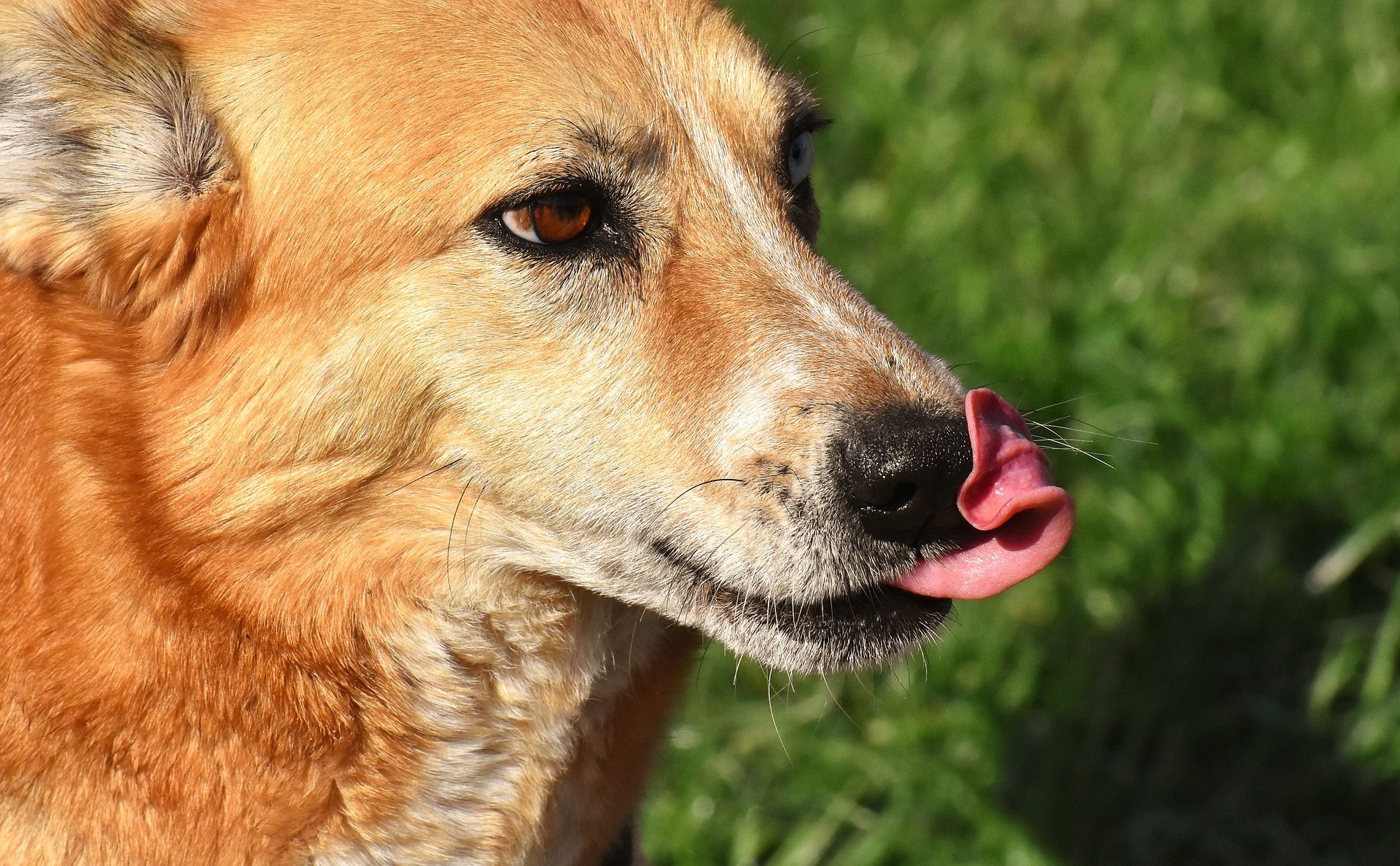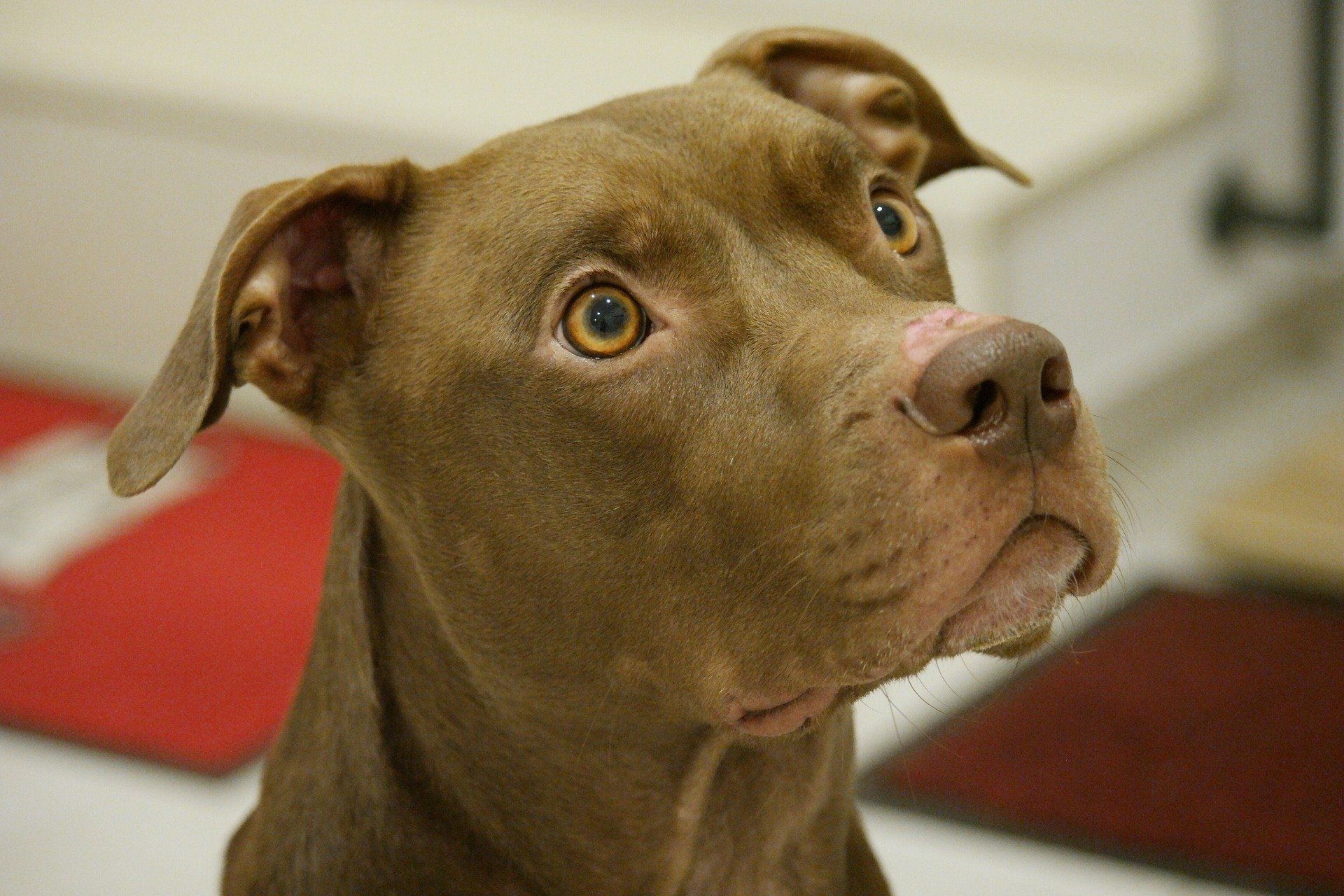Is my dog stressed? Spot the signs of stress in dogs
Certainly! Here's a concise and informative SEO meta description for the article: Learn how to spot signs of stress in your dog with expert advice from a Certified Dog Behavior Consultant. Discover key stress indicators, effective calming tips, and when to seek help for your stressed pup.

Do you ever wonder if your dog is stressed? You're not alone! Stress in dogs is a real phenomenon, and can have serious implications on your dog's behavior and quality of life. Fortunately, there are ways to spot the signs of stress in dogs before they become a problem. In this blog post, we'll discuss how to read dog body language so that you can answer the question "Is my dog stressed?" We'll also cover some of the most common stress signals dogs exhibit, as well as tips for calming an anxious dog.
Reasons why a dog might feel stress:
- Moving to a new home
- Being left alone for long periods of time
- Having a change in routine
- Meeting new people or animals
- Hearing loud noises
- Seeing unfamiliar objects
- Having to interact with strangers or children
- Being in an unfamiliar location




Some signs your dog is stressed can be subtle, such as lip-licking, whites of eyes showing, or dilated pupils.
Pay attention to your dog's avoidance signals
Dogs may show subtle signs of stress their owners may miss. Some of these include:
- Panting without exercise, or in cool weather
- Turning his head or averting his gaze
- Showing the whites of his eyes
- Licking his lips
- Yawning
- Lips pulled back or muzzle clenched shut
- Ears pinned back against his head
- Leaving or attempting to leave the area
- Hiding behind his person
- Asking to be picked up (small dogs)
- Refusing to take treats
- Shaking, drooling, crouching or whining.
If you see your dog doing one or more of these, pay attention. These are warning signs that your dog does not like what is happening.
Think of avoidance as a sign that says 'STOP: Your dog is stressed'
When you notice that your dog is feeling stressed, first try to remove your dog from the place that's causing him stress. There are a number of reasons a dog could be avoiding a particular person, dog, or place but ignoring his stress signals could lead to a bite or fight.
If your dog is always stressed by certain things, you can help them learn how to cope with those things before they do something bad, like biting or running away. There are dog trainers that specialize in helping dogs with anxiety, and they can help you create a plan to make your dog more comfortable.
If you think your dog might be stressed, don't hesitate to ask for help! There are lots of people who want to help dogs feel better, and it's always better to address the issue head-on before your dog or someone else is hurt.
By monitoring your dog's signals, you can take action before a bark, growl or bite happens.
